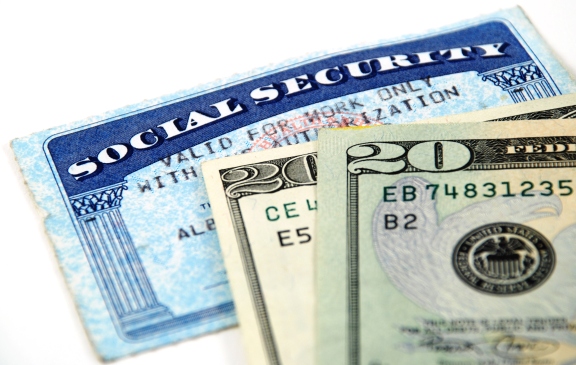Americans see themselves on the court providing for their own financial well-being — but they want the government to be on the sideline ready to come into the game if they need help.
A poll released Wednesday shows that 67% of those surveyed hold themselves accountable for their own financial security. At the same time, the vast majority said that government should provide some kind of safety net, with 72% citing Social Security and 68% citing Medicare.
In addition, 67% said that it is up to the government to protect investors from fraud and abuse.
The Shifting Economy Survey also showed that 51% think that their financial situation will improve over the next year, while 9% are negative about the future of the economy.
The poll, conducted by KRC Research on behalf of the Certified Financial Planner Board of Standards Inc., consisted of a telephone survey of 1,015 age 18 and older March 1 to 4.
“What we found encouraging in the results of the survey is the fact that [67%] of respondents said they felt it was their sole responsibility to plan and prepare for their financial security,” said Kevin Keller, the CFP Board's chief executive. “At the same time, they felt the government has a role in providing basic safety net services like Social Security, Medicare and investor protection from fraud. We don't think there's necessarily any conflict in that.”
In fact, Mr. Keller said that most CFPs have Social Security and Medicare baked into their clients' portfolios.
“I think a lot of financial plans in the country would be in real trouble if [Social Security and Medicare] were not there for clients of financial planners,” Mr. Keller said.
He presented the survey findings at a conference in Washington on the economy hosted by The Atlantic magazine. At the event, former Pennsylvania Gov. Ed Rendell warned that Congress and the next presidential administration have about five months after the election to make substantial reforms that preserve the safety net, which could become overwhelmed with costs associated with baby boomer retirement.
“We have to change entitlements,” said Mr. Rendell, a Democrat. “We have to reform the system to reflect the fact that we're living longer, all kinds of things.”
The CFP Board survey showed that saving for retirement (49%) is the second-most-pressing financial concern for Americans, following the challenge of “filling up my tank with gas” (54%). The prospect of a reduction in government benefits was cited by 48%, and obtaining and maintaining health insurance was cited by 46%.
Worries about retirement affordability also were highlighted in a survey released this week by the Employee Benefit Research Institute.
“Americans' confidence in their ability to retire comfortably is stagnant at historically low levels,” EBRI stated.







